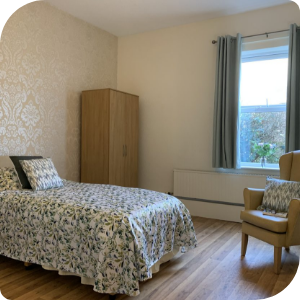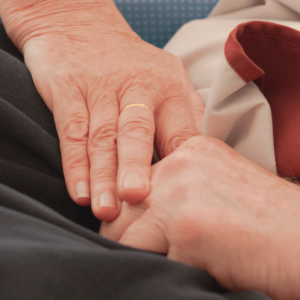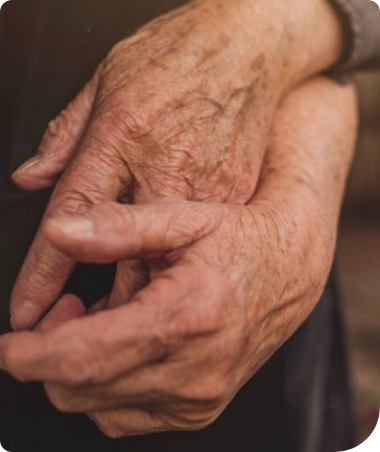

Residential Care
Is residential care right for your loved one?
Residential care might be perfect if your loved one is finding it harder to manage at home because of mobility issues, loneliness, or needing a bit of help with daily tasks. They don’t need medical nursing, but would benefit from having caring people nearby when they need them.
Maybe they’re struggling with cooking, cleaning, or getting dressed. Perhaps they’re worried about falls, or they’re just tired of being on their own. If this sounds familiar, residential care could give them back their confidence and independence.



Residential Care
Every day is different because your loved one’s in charge.
Here’s what a day might look like:

Morning
Start the day at their own pace, with support available if they want help getting ready.
Mid-Morning
Join in with group activities, enjoy a coffee and chat in the lounge, or relax in their room or garden.
Lunch
A freshly prepared meal, enjoyed
with friends or in a quieter space if they choose.
Afternoon
Time for hobbies, visits from family, reading, or simply unwinding with their favourite show.
Evening
Dinner together, light entertainment, or peace and privacy in their room.
Night
Rest easy, knowing our team is close by if needed.
Morning
Nurse checks in, helps with medications, assists with getting up and personal care as needed
Throughout the day
Nurses monitor their wellbeing, manage any medical needs, but they still enjoy meals, activities, and time with friends
Medication times
Nurses ensure they get the right medications at the right times, managing complex regimens safely
Medical appointments
We coordinate with visiting healthcare professionals or arrange transport to appointments
Evening and night
Qualified nurses are always available for any medical needs or emergencies
Morning
Gentle wake-up at their natural time, help with personal care in a familiar routine, breakfast when they're ready
Mid-morning
Simple, enjoyable activities - maybe looking through photo albums, listening to music from their era, or gentle walks in secure gardens
Afternoon
Quiet time, visits from family, or participating in group activities if they enjoy company
Evening
Calming activities, familiar evening routines, support for those who become more unsettled as the day progresses
Night
Trained staff available for those who wander or become confused during the night, maintaining sleep routines that work
Highly trained nursing teams
With real knowledge of your loved one's condition and how it can affect daily life
Individualised care planning
Every aspect of their care is designed around their specific needs, preferences and goals
Multi-disciplinary support
Working with consultants, therapists, social workers, and other specialists involved in their care
Adaptive environments
Homes equipped with specialist equipment and adaptations to support your loved one's independence
Mental health support
Understanding how health conditions affect mental wellbeing and providing appropriate support
Family involvement
Keeping you and your family informed and involved in your loved one's care decisions
Quality of life focus
Whether it’s painting, gardening, or staying close to loved one's, we support what brings meaning to your loved one's life
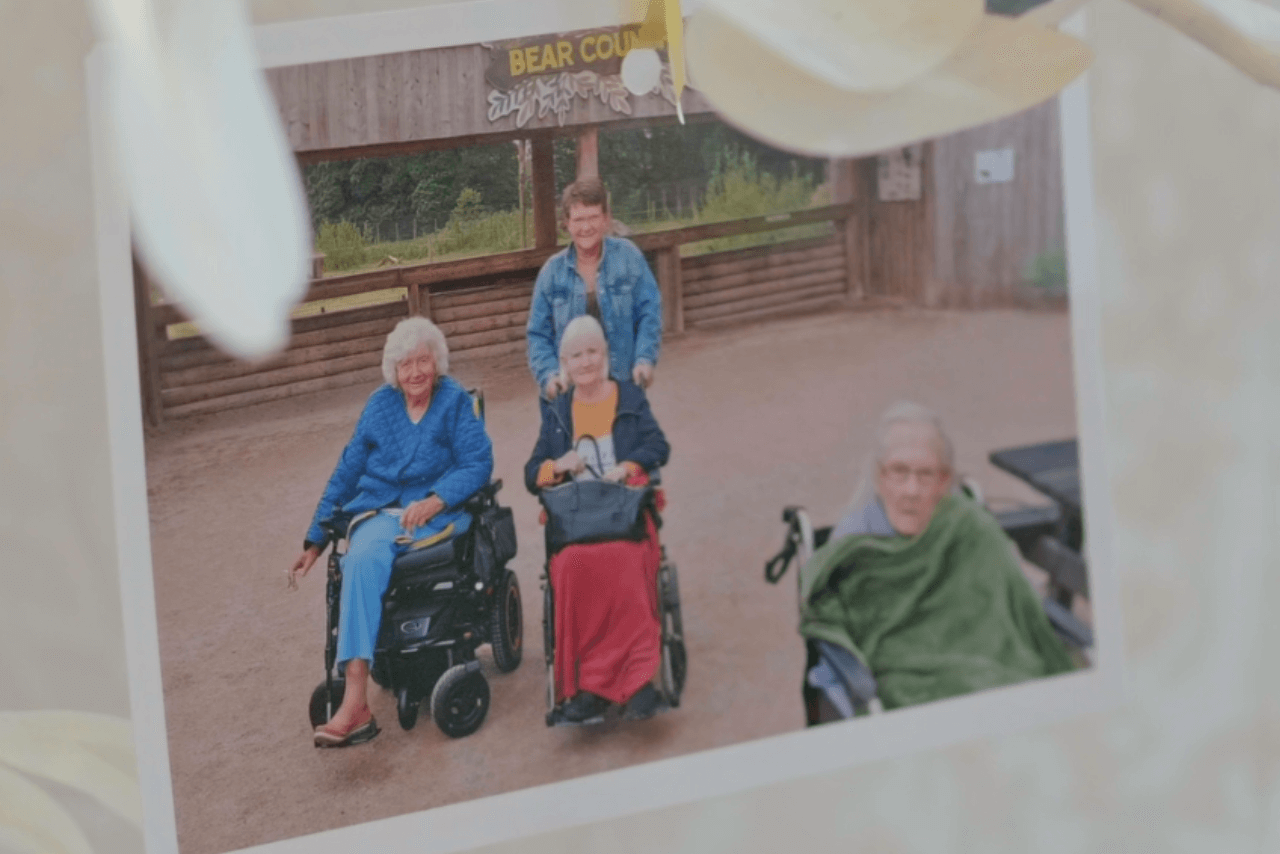
Residential Care
Your loved one's memories matter to us
We don't try to fix or change someone with dementia. Instead, we work with who your loved one is right now, honouring their history whilst caring for their present needs.
Our approach to Person-centred dementia care:
- Keeping familiar routines that provide comfort and security for your loved one
- Creating calm, safe environments that reduce their confusion and anxiety
- Using their life story and preferences to guide their daily care
- Supporting moments of connection and joy, however they appear
- Helping families stay connected in meaningful ways
Residential Care
The difference between residential and nursing care
Residential Care
This is for people who need help with daily living but don't require medical nursing. Think assistance with personal care, meals, medication reminders, and having people around for safety and companionship.
Nursing Care
Nursing care includes everything residential care does, plus 24-hour qualified nurses for people with more complex medical needs.
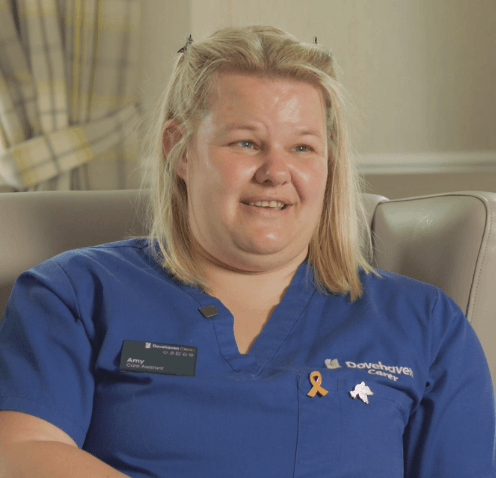
The good news? If your loved one's needs change, they can move between our homes and keep the same familiar faces and warm welcome.

Residents
What our residential care residents and families say
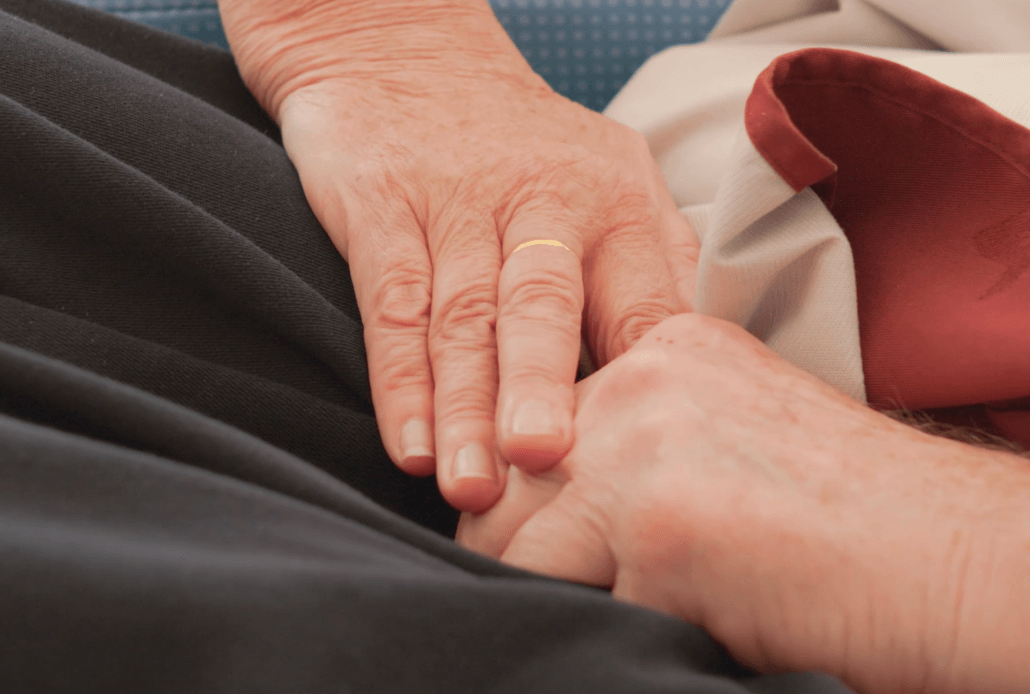
Residential Care
When to consider nursing care for your loved one
Your loved one might need nursing care if they have:
- Multiple ongoing medical conditions that need professional monitoring
- Complex medication regimens including injections or IV medications
- Medical equipment like oxygen, feeding tubes, or catheters
- Conditions that could change quickly and need nursing assessment
- Recovery needs after a hospital stay that require ongoing medical support

Residential Care
Supporting families through the journey
Before your loved one moves in - We take time to learn their history, preferences, routines, and what brings them comfort
During the transition - We understand moving can be distressing and work to make it as gentle as possible for your loved one
Ongoing support - Regular updates, guidance on visiting and communication, and honest conversations about changes
Difficult decisions - We're here to help when you're facing hard choices about care levels or end-of-life decisions

Residential Care
Supporting families through complex care
Understanding the condition - We help families understand what to expect and how to best support their loved one
Care coordination - We manage the complexity of multiple appointments, treatments, and healthcare professionals
Emotional support - We understand the emotional impact on families and provide guidance and reassurance
Respite and relief - Knowing your loved one is receiving expert care can provide much-needed peace of mind
Planning for changes - We help families navigate decisions as conditions progress or needs change
Dovehaven Locations
Where To Find Us

FAQs
Questions about residential care?
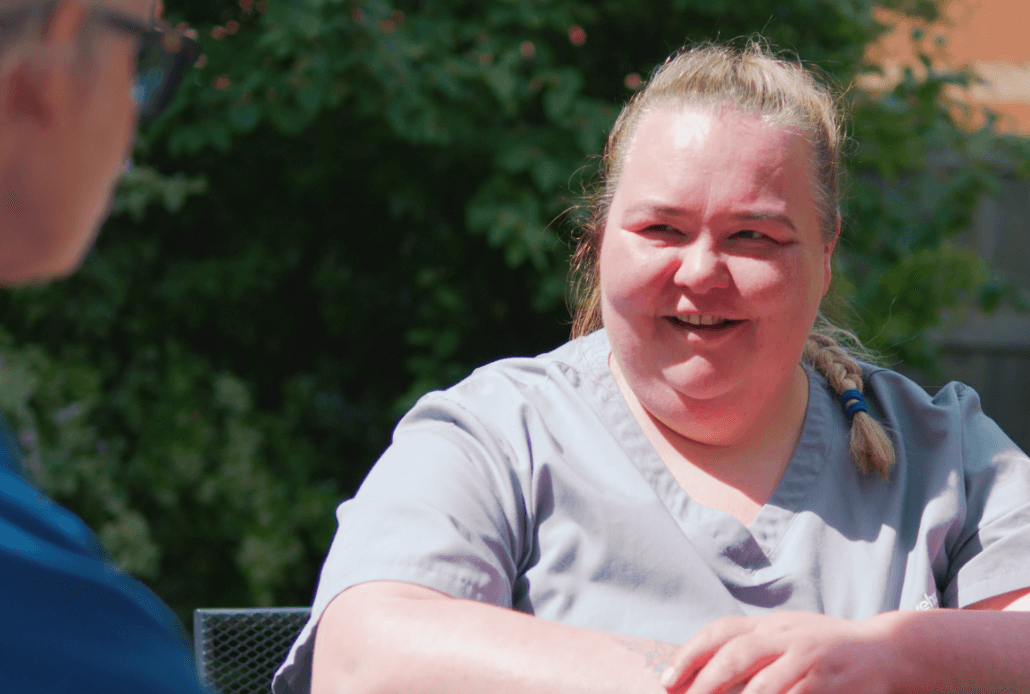
How much does it cost?

Can they bring their belongings?

What if they need more care later?

Can family visit anytime?








